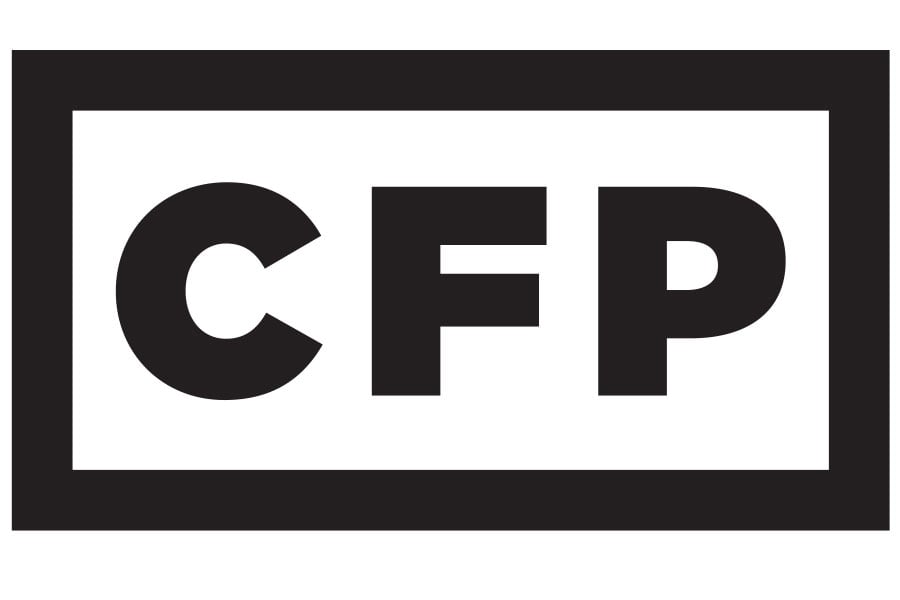

The Certified Financial Planner Board of Standards Inc. has removed descriptions of how advisers are compensated from the profiles of CFP certificants on a website designed to help consumers select an adviser, the organization said in an email sent Monday to CFPs.
The CFP Board scrubbed from the Find Your CFP Professional search function on its letsmakeaplan.org website references to how CFPs are paid.
“The three compensation method categories previously provided by the search tool – Commission-only, Commission and Fee and Fee-Only – were broad enough to capture the various compensation methods financial planners use today, but not very specific or helpful to consumers,” the CFP Board said in a letter to certificants Monday. “We believe the best way for consumers to select their financial advisor is to have a conversation with their prospective advisor.”
The letter goes on to say: “To help consumers make an educated decision about choosing and hiring a financial advisor, we have also updated the set of Questions to Ask Your Financial Advisor on the letsmakeaplan.org website.”
The website is featured in the organization's approximately $11.7 million annual advertising campaign to raise consumer awareness of the CFP credential.
Last year, the CFP Board approved raising the advice standard connected to the credential. Under the strengthened rules, CFPs must act as fiduciaries at all times while giving advice to clients. Previously, the fiduciary requirement only applied to CFPs when helping their clients with financial planning. The new standard goes into force on June 30.
“CFP professionals are expected to adhere to CFP Board’s standards, including our Code of Ethics and Standards of Conduct, regardless of business model or compensation method,” the Monday letter states.
A CFP must disclose to clients prior to doing business with them how the client pays for products and services and additional costs they may incur, such as management fees, surrender charges and sales loads, the letter states.
For CFPs who already display their compensation method on the website, the information “will eventually move to another section of your CFP Board account,” according to the letter.
Compensation methods have been a source of controversy for the CFP Board for years. The organization won a court case brought by CFPs who were disciplined for describing their practice as fee-only when they received commissions in one part of their operation.
Many advisers and investor advocates assert that fee-only advice is the best protection against adviser conflicts of interest.
Knut Rostad, president of the Institute for the Fiduciary Standard, said investors should have a clear idea of which advisers are fee-only. The CFP Board’s move is also inconsistent with the SEC’s current focus on and the CFP Board’s past statements about the importance of compensation disclosure, he said.
“It’s a huge mistake,” Mr. Rostad said.
“In every aspect that we can see, it is anti-consumer and anti-fiduciary,” he added. “The CFP Board should reverse the decision, acknowledge it’s a mistake and move on.”
Michael Kitces, a partner and director of wealth management at Pinnacle Advisory Group, was surprised by CFP Board's decision to remove compensation descriptions from the website.
"The @CFPBoard's decision to BACK AWAY from better consumer transparency about advisor compensation when the advisor's fiduciary duty & compensation conflicts of interest that are so top-of-mind in consumer media today is bizarre, to say the least," Mr. Kitces, publisher of the blog Nerd's Eye View, wrote on Twitter Tuesday afternoon. "It gets even harder for @CFPBoard to advocate for moral high ground of higher fiduciary standards and being the 'gold standard' when it's not even willing to support basic transparency for consumers around advisor compensation & instead force consumers to dig to figure it out. "
The CFP Board seems to be trying to address the problem of CFPs not being truthful about their compensation on their profiles, said Dave O’Brien, principal at EVOadvisers. The board ran into a similar situation when CFPs failed to tell the board about past regulatory disciplinary infractions.
“This is yet one more area where people can self-report,” Mr. O’Brien said. “It’s a shame that the CFP Board needed to remove this element from the search tool, but you can understand their goal to provide only verified data.”
A CFP Board spokeswoman was not immediately available for comment.

Relationships are key to our business but advisors are often slow to engage in specific activities designed to foster them.

Whichever path you go down, act now while you're still in control.

Pro-bitcoin professionals, however, say the cryptocurrency has ushered in change.

“LPL has evolved significantly over the last decade and still wants to scale up,” says one industry executive.

Survey findings from the Nationwide Retirement Institute offers pearls of planning wisdom from 60- to 65-year-olds, as well as insights into concerns.
Streamline your outreach with Aidentified's AI-driven solutions
This season’s market volatility: Positioning for rate relief, income growth and the AI rebound
